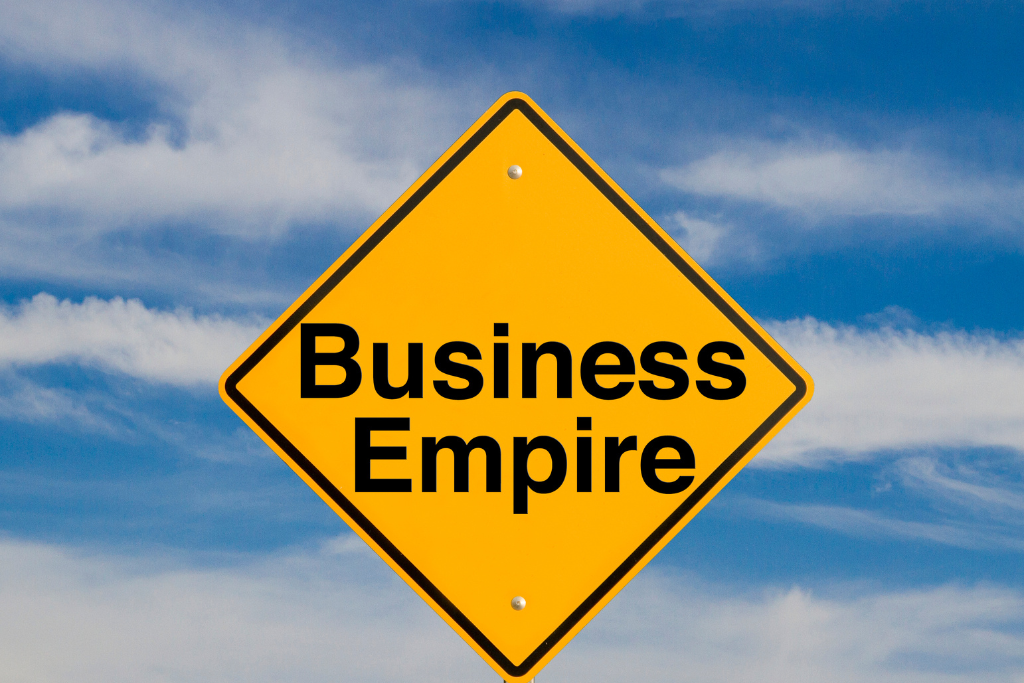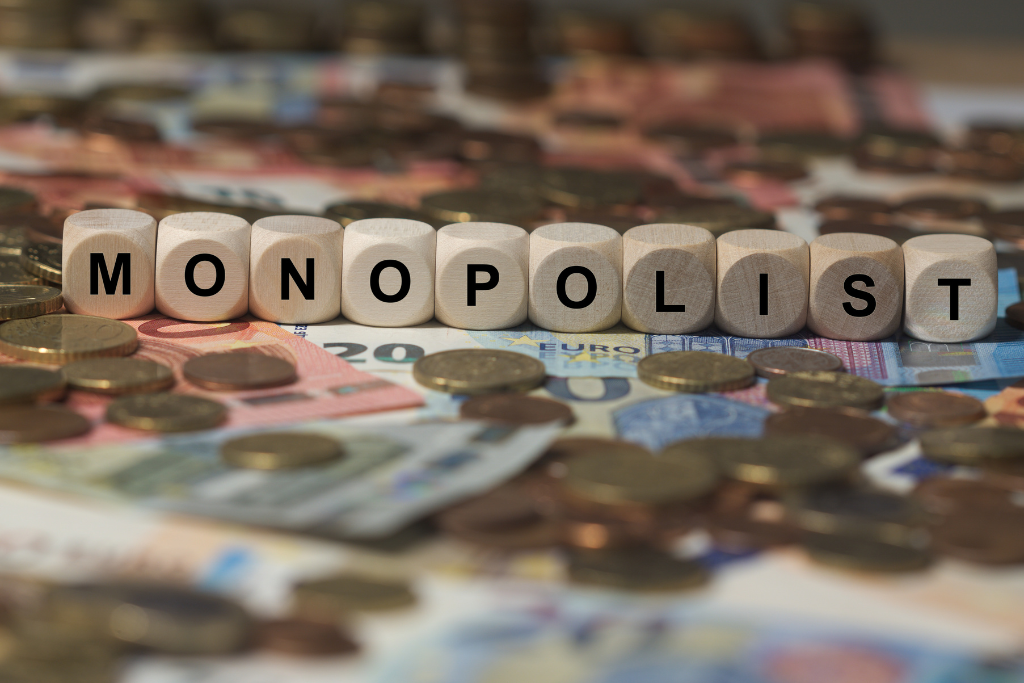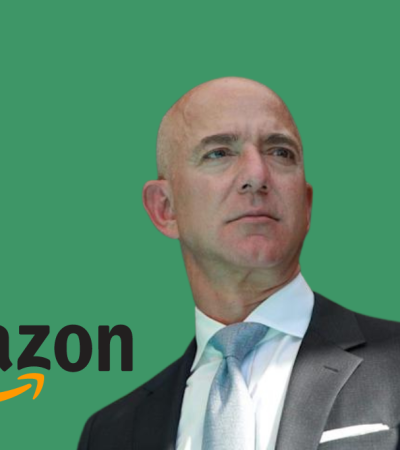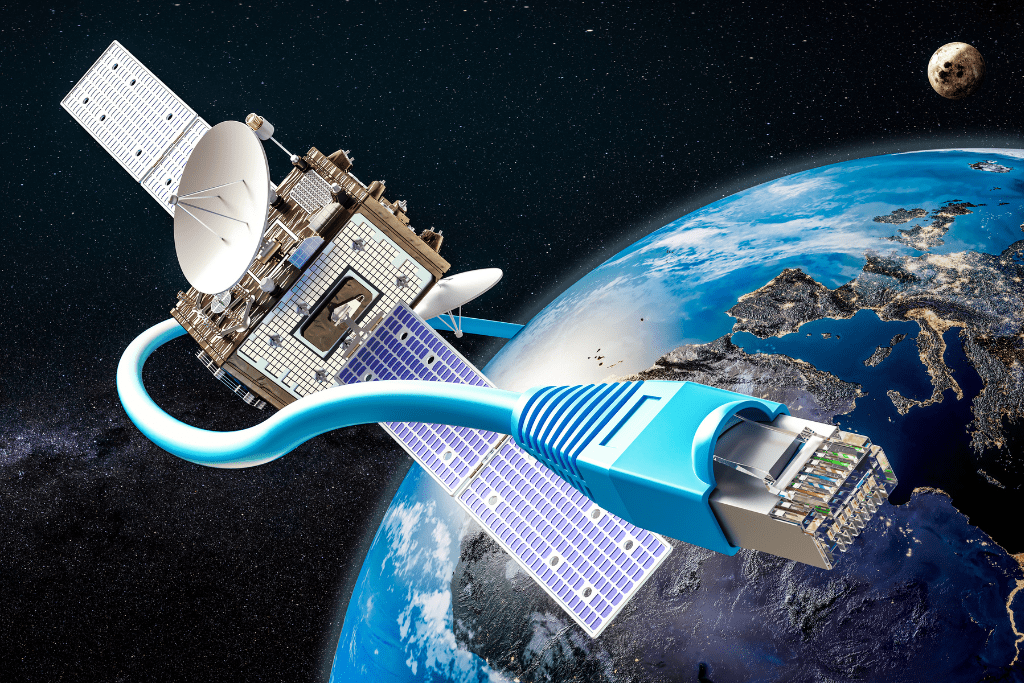Amazon Empire: The Rise and Reign of Jeffrey Bezos examine Bezos’s business empire, his media footprint, and monopolistic strategies. It also looks at the impact of Bezos’s media empire on society. It is a must-read for anyone interested in Jeff Bezos’ business empire.
Jeff Bezos’ business empire
With a business empire as big as Amazon’s, Jeff Bezos is an entrepreneur of global proportions. The e-commerce giant just bought MGM Television and is now making a new TV show using its huge reach. While Big Tech is already in almost every aspect of our lives, the documentary will explore Bezos’ interest in space exploration.

Jeff Bezos has invested in a number of smaller companies in the past few years, in addition to his holdings in technology and retail. Amazon has put a lot of money into Twitch and the private aviation company Blue Origin, in addition to Whole Foods. While Bezos is a very hands-off CEO for larger parts of his empire, he’s an aggressive CEO who is not afraid to tell employees what he wants.
While the individual companies are separate domains of his empire, they are linked by a common goal: to provide high-quality services for consumers. While there are synergies between his various companies, executives have also acknowledged that the companies are different from one another. For instance, Amazon’s cloud computing division, Amazon Web Services, and its space exploration company, Project Kuiper, are separate and independent entities. But Amazon executives have acknowledged there’s synergy between the two.

Bezos’ business empire has received a lot of criticism recently. The president of the United States has publicly attacked Amazon, claiming that the company doesn’t pay sales tax. He has also said bad things about the Amazon Washington Post and questioned whether the business model of the company will work in the long run. But a recent report in the Wall Street Journal showed that the USPS gives Amazon’s package service a $1.46 subsidy.
Bezos’ growing media footprint
Jeff Bezos has made extensive investments in various media outlets. He has built a media empire by starting a network and pushing its streaming service hard, as well as by buying the Washington Post. The company has become so large that its growing media footprint is hard to ignore, but it’s important to understand the nuances behind its meteoric rise. The Frontline film shows how Amazon’s business has changed the world, leaving viewers with questions and thoughts.
Bezos’ monopolistic strategies
Bezos has been an aggressive force in many industries, including retail. He has been known to slash prices and then wait for others to catch up. Bezos has also been ruthless. In his early years, he posted ambulances outside warehouses in hot weather, didn’t install air conditioning, and pushed competitors into bankruptcy.

The law has long been intended to protect consumers from middlemen. But Amazon’s power has made these laws useless, and the company is now under close antitrust scrutiny. To stop Amazon from taking over the economy, we need brave public investigations and the enforcement of both existing laws and new rules. The company’s power threatens our right to fair competition, our economy, and our democracy.
While Amazon has a monopoly on the internet, it is far from a pure monopoly. In fact, the company holds 56.7% of the market and uses its market power to suppress competition and raise prices indefinitely. It also limits innovation.

Amazon’s monopolistic practices are based on antitrust laws, but state attorneys general can also take them to court. The resulting cases could force the US government to pass new laws regulating monopolies. Meanwhile, the EU is investigating whether Amazon should be regulated for antitrust violations.
Monopoly capitalism has a few benefits for consumers, but it is also very bad for people’s ability to think of new ideas. For example, the monopoly position of Amazon has made book publishers less willing to take risks on less popular titles. Also, Bezos’s efforts to merge companies have hurt Whole Foods by making service and working conditions worse.




